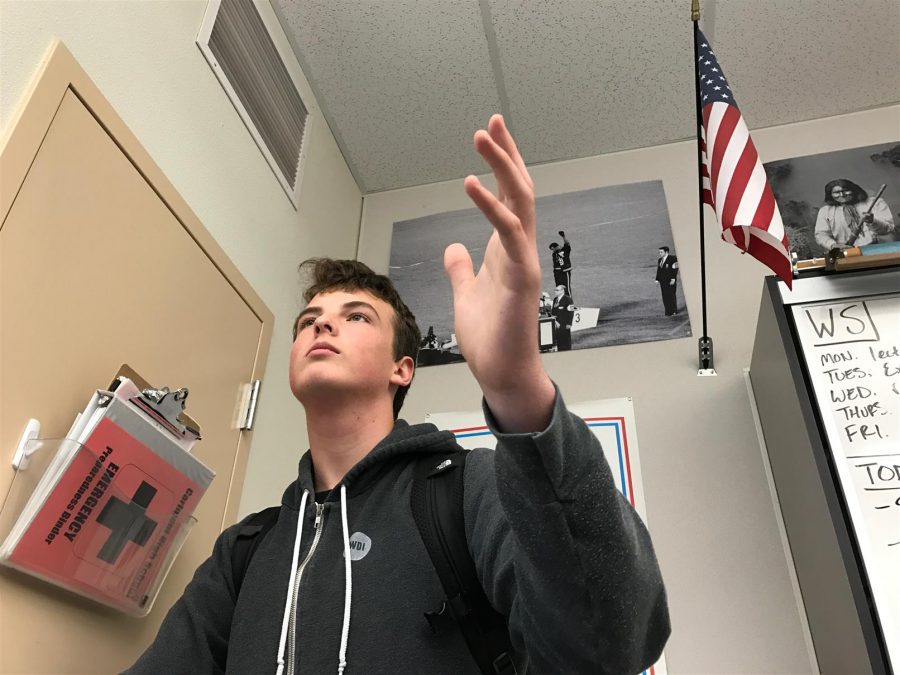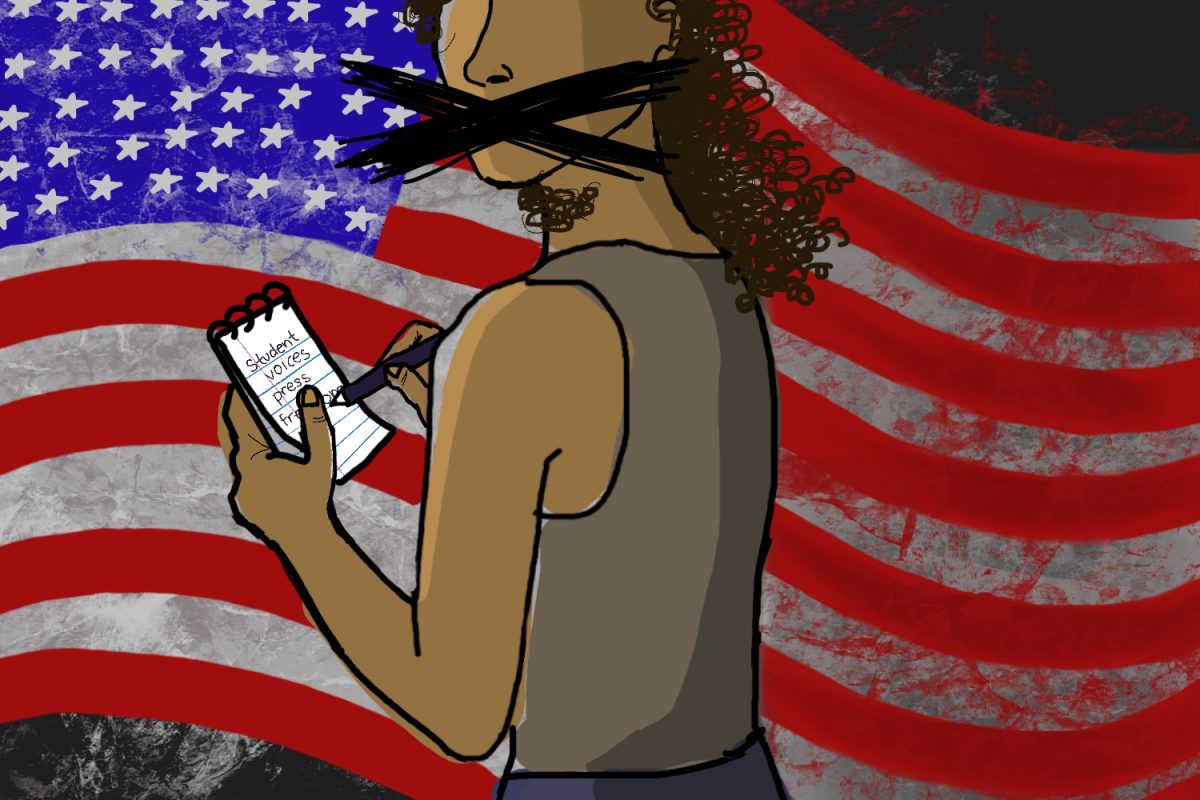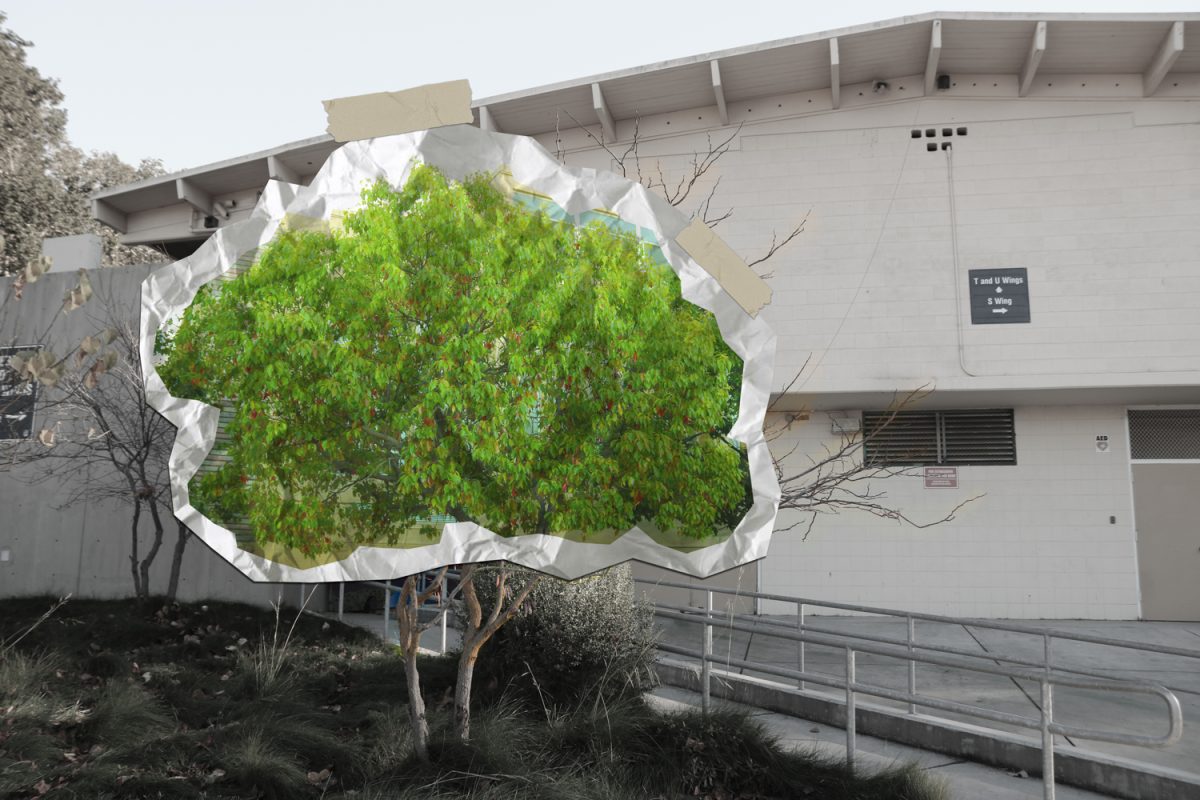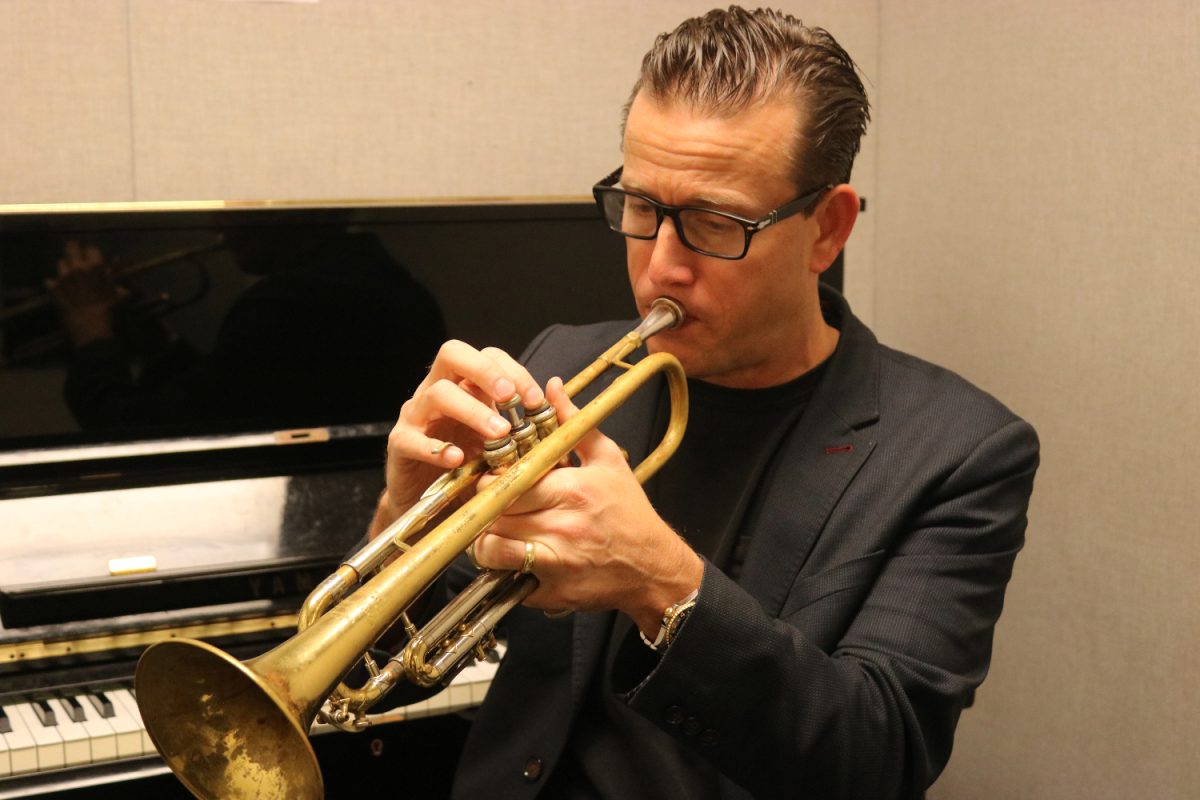It’s possible that the future of America’s global role is in the hands of one man, but he isn’t the president of the United States. This man resides 4,857 miles away from the White House.
He is Russian President Vladimir Putin.
Putin hasn’t hesitated with challenging the United States’ tremendous power through his disregard for international law and consequences. Due to Russia’s daring decisions, America has lost much of its global status and luster.
In recent decades, Russia has attempted to retrieve its lost geopolitical glory from the years of the Soviet Union. Through its brutal invasions of Georgia and Ukraine, Russia under Putin has directly challenged the strengths of American capabilities.
“You look anywhere in the world, Russia, China, Ukraine, the Middle East, anywhere, and our standing is lower,” said columnist Charles Krauthammer in a Fox News interview in light of the Russian incursion into Ukraine in 2014. “Ukraine is the key to determining whether Putin will succeed in rebuilding a mini-Soviet Empire.”
The United States has historically had a crucial responsibility on the world stage to maintain the security of Europe through the NATO alliance, an organization that promotes military assistance and cooperation amongst its member states in North America and Europe.
But when Russia began military operations in Ukraine, it provided a dilemma for the United States.
Eventually, the Obama administration chose to limit American involvement in the conflict, and Putin gained the approval of the Russian parliament to begin an armed invasion of Ukraine. He orchestrated a vote that took place in Crimea, a controversial Ukrainian territory with strong ties with Russia, which resulted in an overwhelming majority of the population wishing to separate from Ukraine. Today, Russia doesn’t consider Crimea as a Ukrainian territory.
As Russia is much more willing to engage in armed conflict and directly challenge the abilities of the NATO alliance, America’s military expertise on a global scale is being curbed by emerging powers. Despite rising threats from Russia’s actions, the United States has pivotal responsibilities.
It is evident that America’s diplomatic supremacy has a crucial role in our world. As seen in the Ukraine crisis, American inaction has aggravated the conflict and led to the rise of Russia as a regional superpower.
“American diplomacy is critical,” said AP European history teacher Gregory Schoenstein. “America has a large role that is being tested, but the United States is just tired of fighting.”
Furthermore, Russia’s rise as a global superpower could also correlate with America’s lack of dominance on the world stage
“What we are seeing in Ukraine, what we’ve seen in Syria, and what we will see again in Iran is a complete failure,” said columnist and political analyst George Will on an interview with Fox News in early 2014.
Many students believe that America’s inaction could be a precursor to its future foreign policy agenda.
“Both invasions blatantly violate international law, which should prompt a response by NATO, particularly from the United States, as they lead the organization,” said sophomore Michael Atkin. “The American government failed to do this in any meaningful way, merely condemning the actions and imposing economic sanctions.”
America’s diplomatic demise has also affected the perspectives of younger generations towards the American government and the nation’s future. Some students believe that distrust between a government and its people could lead to many problems.
“It promotes disillusionment towards the government,” said Atkin.
As the Carlmont community witnesses the development of events like those in Ukraine, skepticism towards the government and central authority can culminate.
Many are convinced that America’s possible downfall is an effect of revived policies of non-interventionism, the belief that a country shouldn’t meddle in the affairs of other countries.
“America is too afraid to take advantage of its military power due to possible repercussions,” said Joshua Vendrow, a junior.
Vendrow believes that a lack of American intervention in crises has led holes to form in America’s foreign policy.
“[America] is failing to demonstrate its military capabilities,” said Vendrow.
Not only could diplomatic failures affect popular perceptions, but also the future opportunities of today’s youth, especially the generation of students at Carlmont.
“American diplomatic weakness may lead to worse economic prospects for us as a resurgent Russia or China would be able to work trade deals to their favor,” said Atkin. “Russia’s invasion of Georgia and Crimea has tremendous long-term diplomatic consequences.”
Apart from diplomatic consequences, Russia’s invasion of Ukraine has led to substantial bloodshed. With hundreds of innocent protesters dead and thousands of other casualties according to UN reports, Putin cannot wipe the blood off of his hands.
Multiple other conflicts across the world are continuing to challenge American capabilities. Russia continues to test the bounds of the West in Syria, and China attempts to establish control in the Asia Pacific region. As the United States ushers in a president who hopes to reconcile with Vladimir Putin and improve ties between the two states, the future brings an unpredictable path of military action and foreign relations.
As the past remains behind us, American inaction will be an open wound in the United States’ future.
“Seeing the United States fail on the world stage leads many to view American politics as hopeless,” said Atkin.













